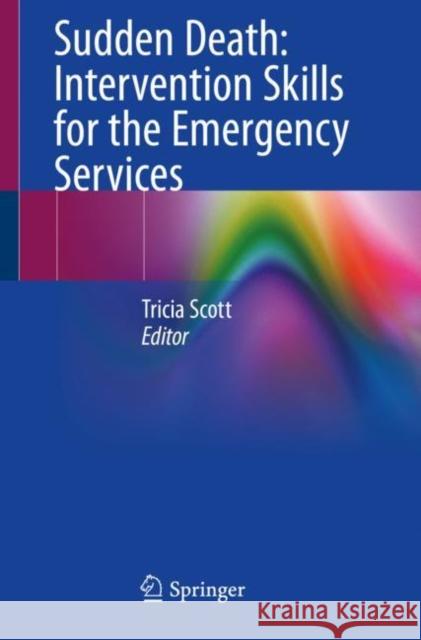Sudden Death: Intervention Skills for the Emergency Services » książka
topmenu
Sudden Death: Intervention Skills for the Emergency Services
ISBN-13: 9783030331399 / Angielski / Miękka / 2020 / 156 str.
Kategorie BISAC:
Wydawca:
Springer
Język:
Angielski
ISBN-13:
9783030331399
Rok wydania:
2020
Wydanie:
2020
Ilość stron:
156
Waga:
0.23 kg
Wymiary:
23.11 x 17.02 x 0.51
Oprawa:
Miękka
Wolumenów:
01











